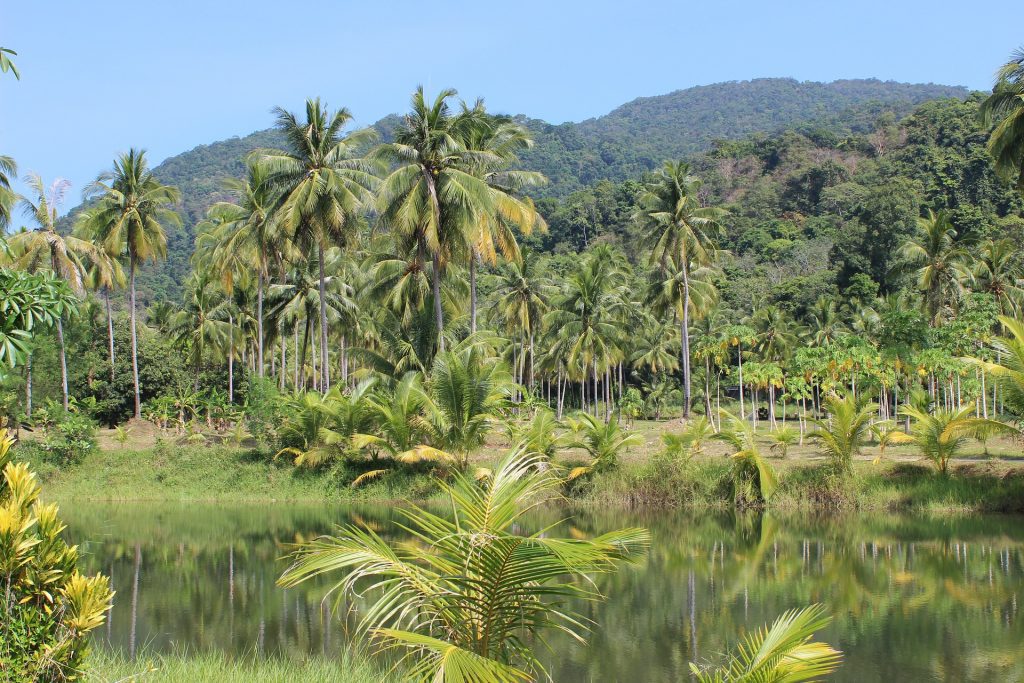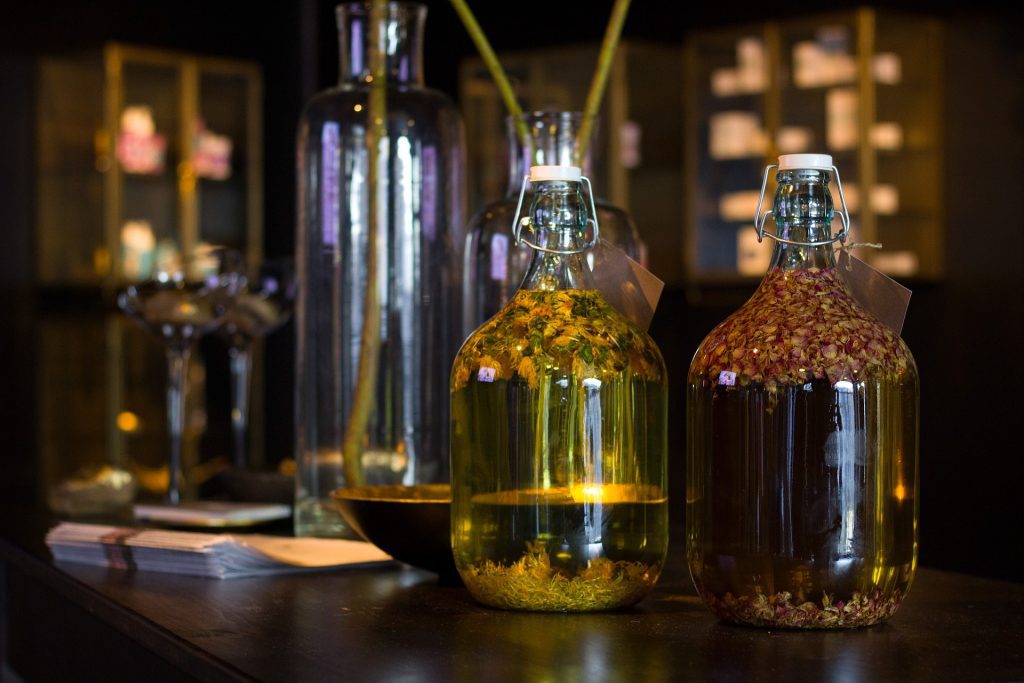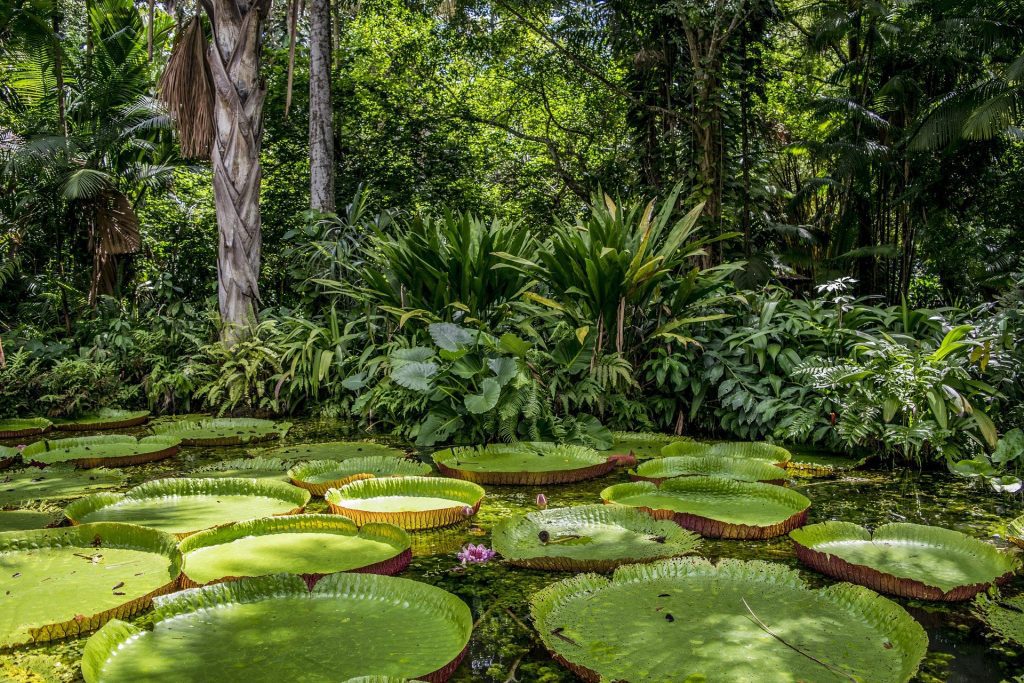Two days ago (04/22/21) the Climate Leaders Summit was held, convened by the President of the United States, Joe Biden, which brought together 40 countries, including Brazil. Considered preparatory to what will be addressed at this year’s COP 26 (Conference of the Parties), this meeting of leaders showcases countries’ achievements and intentions in combating global climate change.

Considering the various future scenarios in the world and in Brazil, it is almost certain that a serious systemic crisis (economic, climate, water, food and migration) is coming in the coming years, without considering the current crisis we are already experiencing due to the Covid-19 pandemic. 19 and lack of efficient management. To face this imminent danger, Brazil has something that few countries in the world have in such quantity and quality, at least for now, its Biodiversity.
“Brazil is a country that is home to 20% of all the planet’s biodiversity”
Brazil is a country that is home to 20% of all the planet’s biodiversity, and which still has around 40% of its vegetation cover, sheltering around 42 thousand species of flora and 140 thousand of world fauna. The conversion of this biodiversity into ecosystem services makes Brazil currently the third largest exporter of forestry products with 3.64% of the total volume of the global market, is an exporter of more than 350 types of agricultural products, has a forecast of double fishing production to around 1,145 tons, provide around 43,000 jobs generated by tourism, adding around 1.5 billion reais to the country’s GDP, in addition to being the country with the greatest potential for renewable energy production in the world world. In addition to these, there are several other numbers that demonstrate the importance of biodiversity conservation for the maintenance of human well-being and the economic development of a country. The pharmaceutical industry is an example of this, with several products generated based on active principles from species of flora and fauna. Even without due importance in this area by the government, more than 245 species of Brazilian flora are the basis of pharmaceutical or cosmetic products, and unfortunately many of the patents generated from Brazilian natural products end up being lost by foreign companies.

Fresh water is another fundamental factor for human well-being and, according to scientific forecasts, it will become an increasingly scarce resource in the world. Faced with this future problem, Brazil is a country that holds about 12% of all the fresh water on the planet, which unfortunately has been wasting it either through misuse or the increasing pollution of its water resources. Abundant fresh water, immense coastline with exceptionally windy regions, regions with year-round sunlight make Brazil a country with the widest range of renewable energy possibilities on the planet, being the largest country in the world with the capacity to be an example of reducing CO2 and with greater chances of zeroing its emissions in a shorter period of time.
For this, the only path to follow if we want to continue with the quality of life we currently have and even improve our economy is the mandatory path of sustainability, and the choice of this path should have been made a long time ago. To follow this path, the minimum necessary is “to ensure compliance with existing laws through regulatory and incentive mechanisms, in line with the global sustainability commitments assumed by the country”, commitments that will surely be ratified at the next COP 26 and already intended at the recent Climate Leaders Summit. In this sense, the confirmation between what is said and what is carried out by Brazil is of paramount importance for the effectiveness of the goals established since the last Paris agreement and recently remembered in the speech by the President of Brazil at the Summit of Leaders on Climate. However, unfortunately data from recent years regarding the environment, in particular, deforestation and fires in the Amazon and Pantanal biomes show total disagreement between what is said and what is done by Brazil in the fight against climate change.

The loss of biodiversity in Brazil, caused mainly by illegal deforestation and burning, in addition to being a problem of non-compliance with the law, is essentially a problem of lack of vision about the importance of biodiversity in the country’s development policies, since currently biodiversity is perceived as an obstacle or at most an appendix to the development process.
The active principles of several pharmaceutical products derived from species are real evidence that biodiversity can and should be the basis for gaining competitiveness in a global environment. Medicines and vaccines exemplify the use of biodiversity within the economy, generating billions of dollars for pharmaceutical industries. The use of more sustainable technologies is another part of the path to follow, and in this sense it can already be seen in part, since more than 40% of energy in Brazil already comes from renewable sources.
And each step taken on this path towards sustainability will only be possible through the implementation of a scientific and technological policy that is based on the principles of sustainable development and scientific research that is there to be considered in decision-making and not just read by other scientists. , or worse, ignored by politicians and decision-makers.
We need to stop being a country of potential and become the world power in the fight against climate change, we need to stop thinking that the economy and the environment are separate issues and that only the growth of one due to the decrease of the other, we need to open our eyes to all the riches that our biodiversity has to offer, and above all we need to understand that the water we drink, the food we grow, the energy we use, that is, the systemic eco services we enjoy are only possible thanks to the balance of our biodiversity, which unfortunately today is at the knife’s edge.
Do you want to know about our projects in the area of biodiversity conservation and climate change? Contact us!
